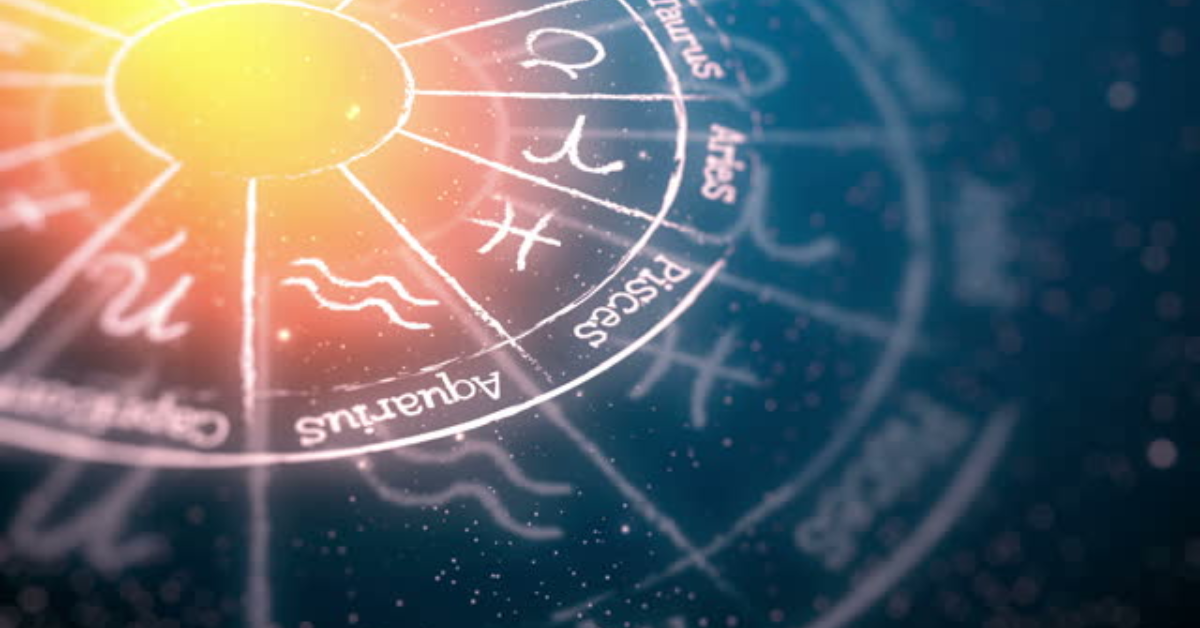Introduction
Vedic astrology, also known as Jyotish Shastra, is an ancient system of astrology that has been practiced in India for thousands of years. Rooted in the Vedas, the oldest sacred texts of Hinduism, Vedic astrology provides profound insights into the human condition and our place in the universe. Its importance in Indian culture cannot be overstated, as it influences many aspects of daily life, from personal decisions to major life events.
Thank you for reading this post, don't forget to subscribe!The Fundamentals of Vedic Astrology
Vedic astrology is based on the sidereal zodiac, which differs from the tropical zodiac used in Western astrology. It focuses on the 27 lunar mansions (Nakshatras) and the planetary positions at the time of a person’s birth. Key components include:
- Zodiac Signs (Rashis): There are 12 zodiac signs, each representing different personality traits and life paths.
- Planets (Grahas): Nine planets influence human affairs, including the Sun, Moon, Mars, Mercury, Jupiter, Venus, Saturn, Rahu, and Ketu.
- Houses (Bhavas): The birth chart is divided into 12 houses, each representing different areas of life, such as career, relationships, and health.
- Aspects (Drishti): The influence of planets on each other and on different houses.
Unlike Western astrology, which primarily uses the Sun sign, Vedic astrology places significant emphasis on the Moon sign and the Ascendant (Lagna) for a more comprehensive understanding of an individual’s life.
Vedic Astrology and Personal Life
Vedic astrology plays a crucial role in personal decision-making. Birth charts, or Kundlis, are used to predict various aspects of an individual’s life, such as:
- Career and Profession: Identifying suitable career paths and timing for job changes.
- Relationships: Understanding compatibility with potential partners and resolving marital issues.
- Health: Predicting potential health challenges and suggesting preventive measures.
- Finance: Guiding financial decisions and investments.
Astrologers analyze the planetary positions and their influences to provide personalized advice that helps individuals make informed decisions and navigate life’s challenges.
Astrological Remedies in Vedic Tradition
Vedic astrology offers a range of remedies to mitigate negative planetary influences and enhance positive ones. Common remedies include:
- Gemstones: Wearing specific gemstones to strengthen weak planets.
- Mantras: Reciting mantras to appease planets and invoke divine blessings.
- Yantras: Using mystical diagrams to attract positive energies.
- Rituals and Pujas: Performing rituals to seek divine intervention and protection.
These remedies are believed to balance the energies in an individual’s life, promoting harmony and well-being.
Case Studies
Real-life examples highlight the effectiveness of Vedic astrology. For instance, a young professional facing career stagnation consulted a Vedic astrologer, who recommended wearing a blue sapphire and performing specific mantras. Within months, the individual experienced significant career advancement and job satisfaction.
Testimonials from satisfied clients underscore the practical benefits of Vedic astrology in various aspects of life, from relationships to health and finance.
Conclusion
Vedic astrology remains a vital part of Indian culture, offering valuable insights and practical guidance for navigating life’s complexities. Its time-tested principles and remedies provide a holistic approach to personal growth and well-being. Embrace the wisdom of Vedic astrology and explore how it can positively impact your life.

